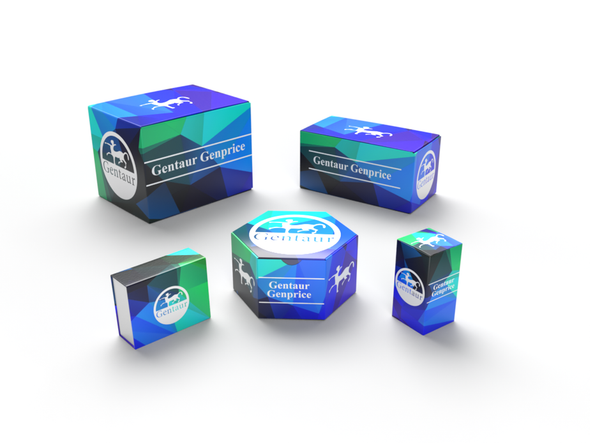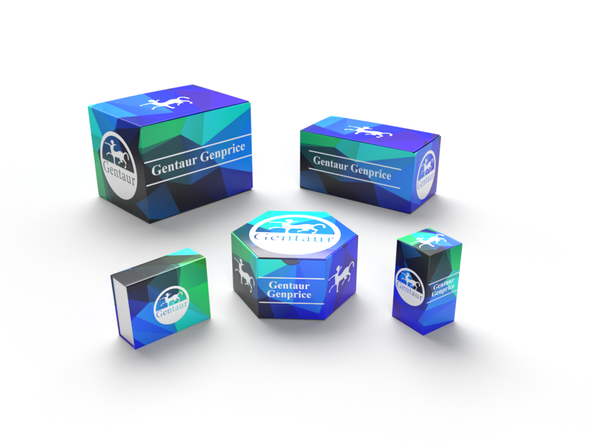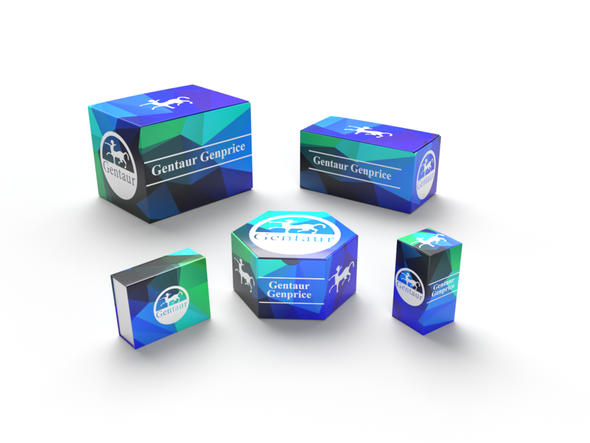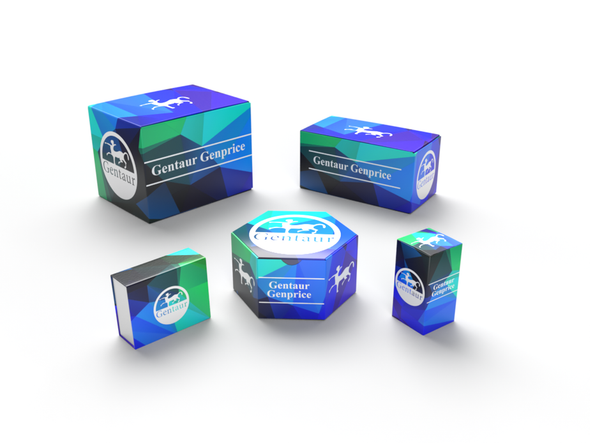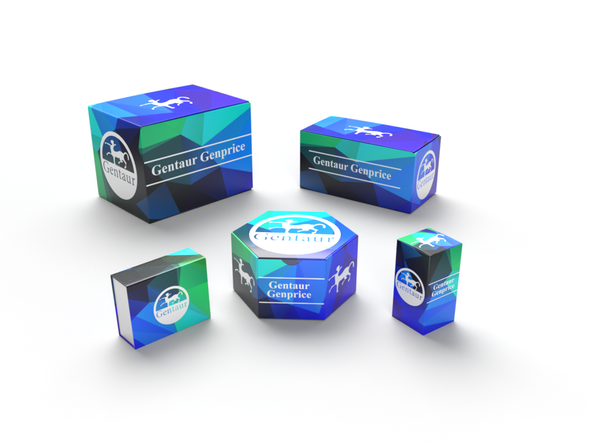Description
Rabbit Anti-Human Mdg-1 Antibody | 102-PA138S/102-PA138 | Gentaur UK, US & Europe Distribution
Species: Anti-Human
Host / biotech: Rabbit
Comment: N/A
Label: N/A
Clone / Antibody feature: Rabbit IgG
Subcategory: Polyclonal Antibody
Category: Antibody
Synonyms: Microvascular endothelial differentiation gene 1 protein, DnaJ homolog subfamily B member 9, ERdj4
Isotype: N/A
Application: WB
Detection Range: Western Blot: Use 1-5 µg/ml
Species Reactivity/Cross reactivity: Human
Antigen: Recombinant human Mdg-1
Description: Angiogenesis research has focused on receptors and ligands mediating endothelial cell proliferation and migration. Little is known about the molecular mechanisms that are involved in converting endothelial cells from a proliferative to a differentiated state. Microvascular differentiation gene 1 (Mdg1) has been isolated from differentiating microvascular endothelial cells that had been cultured in collagen type I gels (3D culture). In adult human tissue Mdg1 is expressed in endothelial and epithelial cells. Sequence analysis of the full-length cDNA revealed that the N-terminal region of the putative Mdg1-protein exhibits a high sequence similarity to the J-domain of Hsp40 chaperones. It was shown that this region functions as a bona fide J-domain as it can replace the J-domain of Escherichia coli DnaJ-protein. Mdg1 is also upregulated in primary endothelial and mesangial cells when subjected to various stress stimuli. GFP–Mdg1 fusion constructs showed the Mdg1-protein to be localized within the cytoplasm under control conditions. Stress induces the translocation of Mdg1 into the nucleus, where it accumulates in nucleoli. Costaining with Hdj1, Hdj2, Hsp70, and Hsc70 revealed that Mdg1 colocalizes with Hsp70 and Hdj1 in control and stressed HeLa cells. These data suggest that Mdg1 is involved in the control of cell cycle arrest taking place during terminal cell differentiation and under stress conditions.
Purity Confirmation: N/A
Endotoxin: N/A
Formulation: lyophilized
Storage Handling Stability: The lyophilized antibody is stable for at least 2 years at -20°C. After sterile reconstitution the antibody is stable at 2-8°C for up to 6 months. Frozen aliquots are stable for at least 6 months when stored at -20°C. Addition of a carrier protein or 50% glycerol is recommended for frozen aliquots.
Reconstituation: Centrifuge vial prior to opening. Reconstitute in sterile water to a concentration of 0.1-1.0 mg/ml.
Molecular Weight: N/A
Lenght (aa): N/A
Protein Sequence: N/A
NCBI Gene ID: 4189


